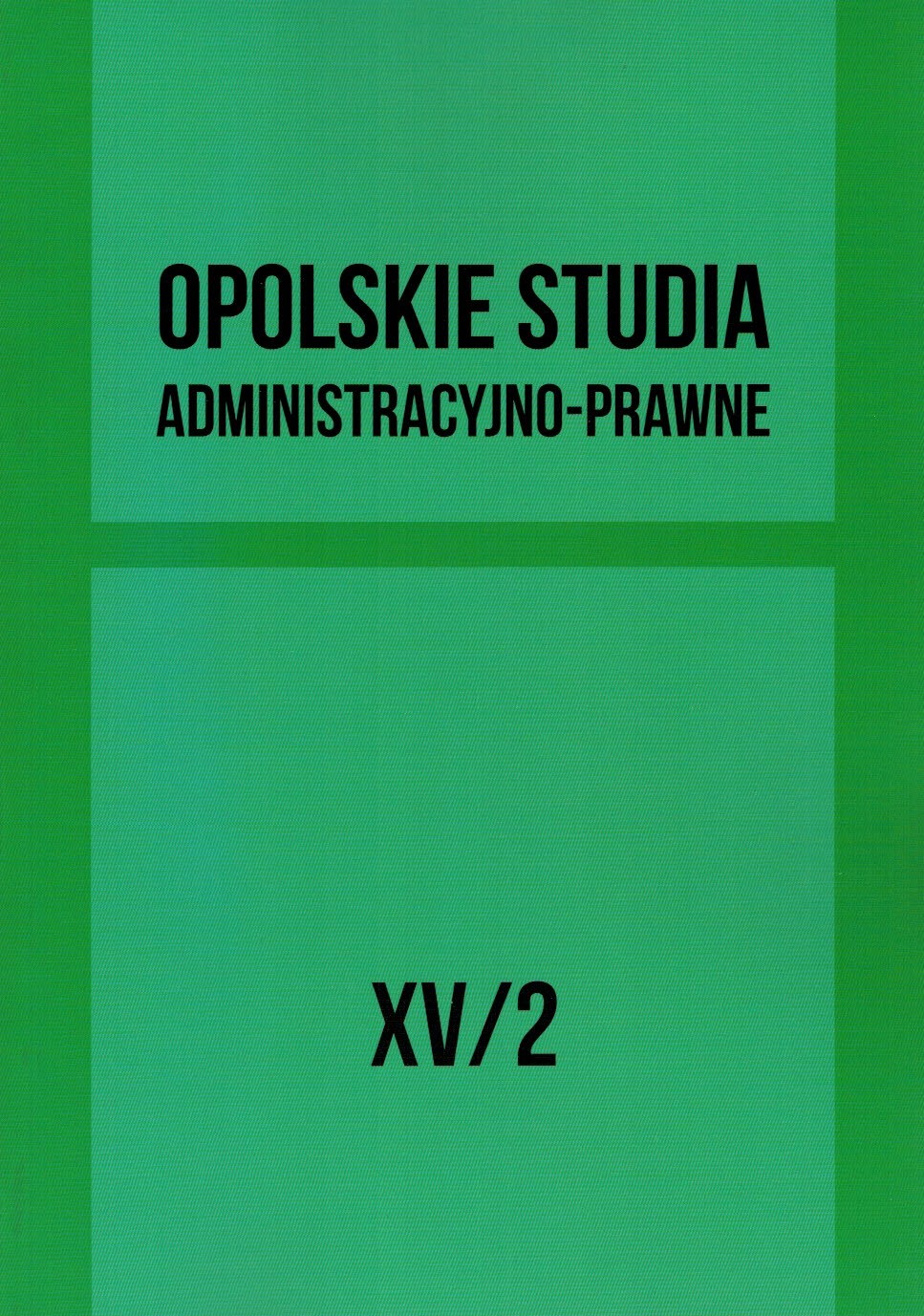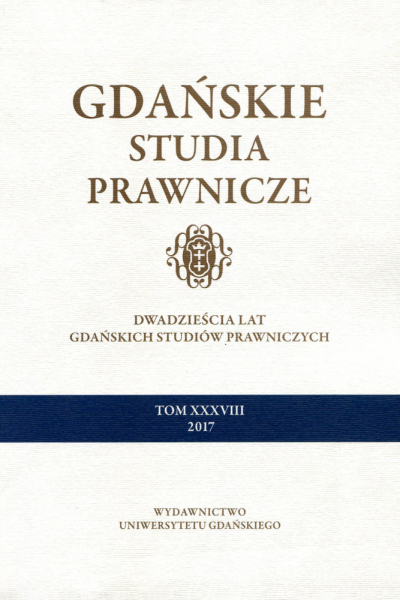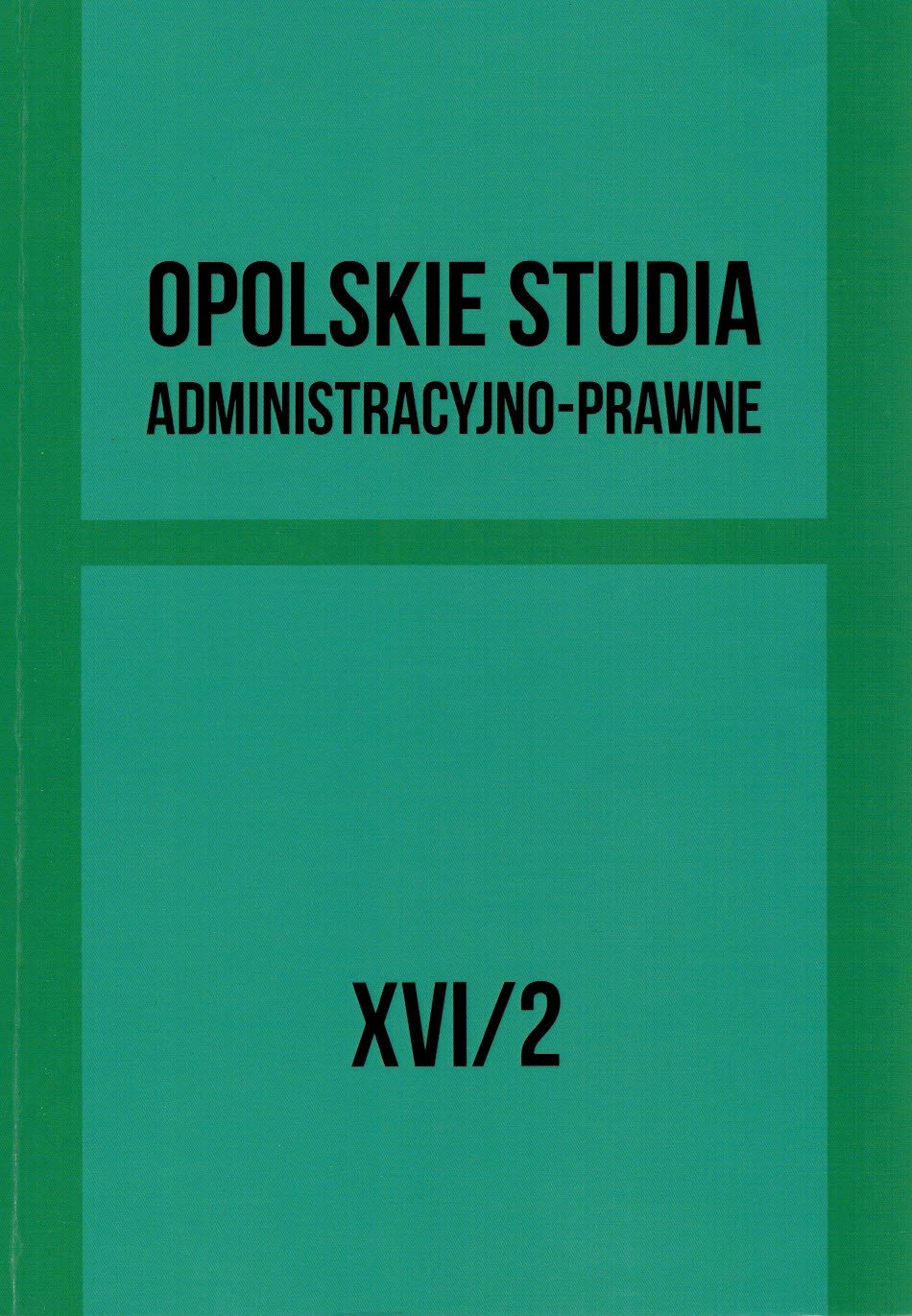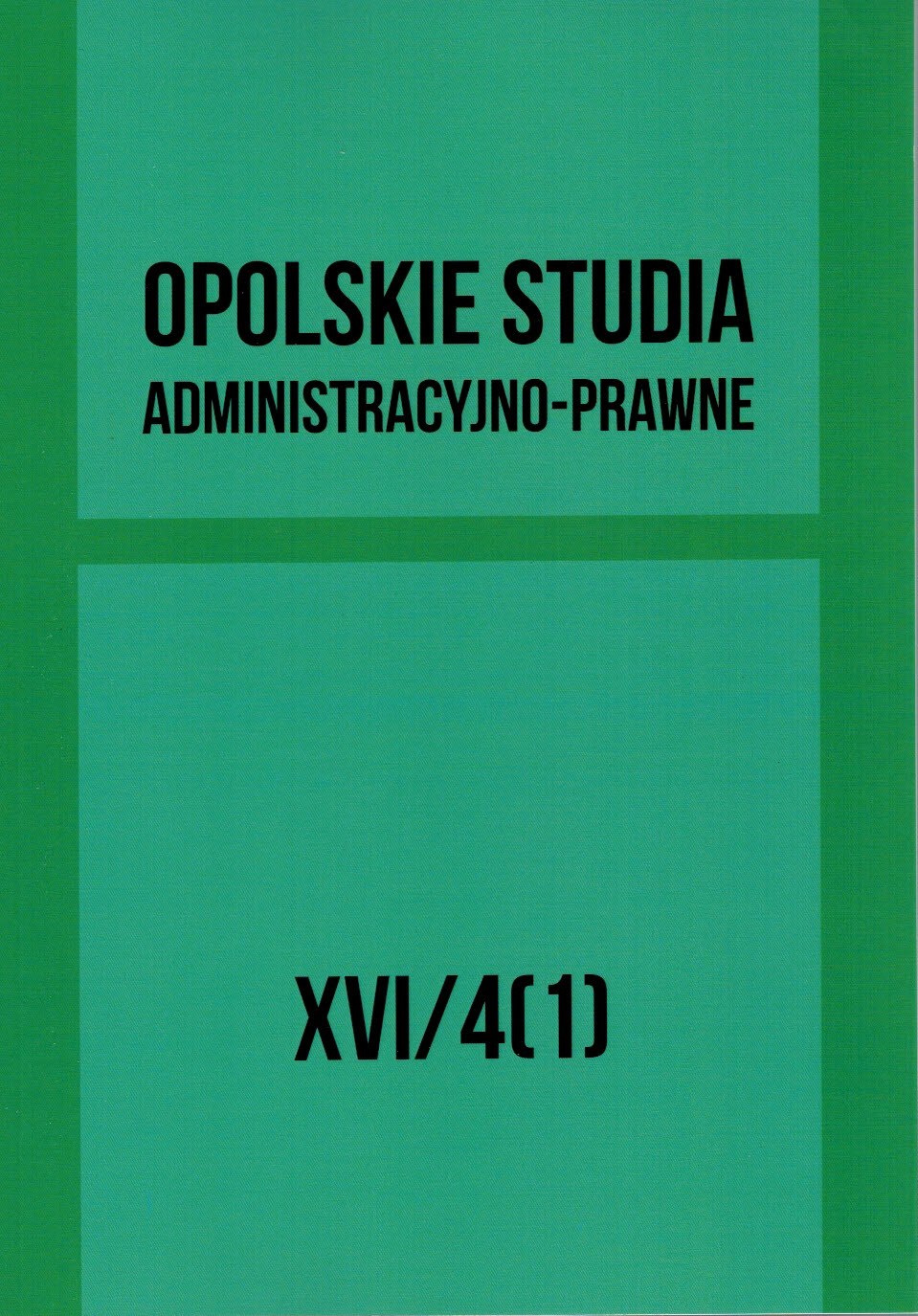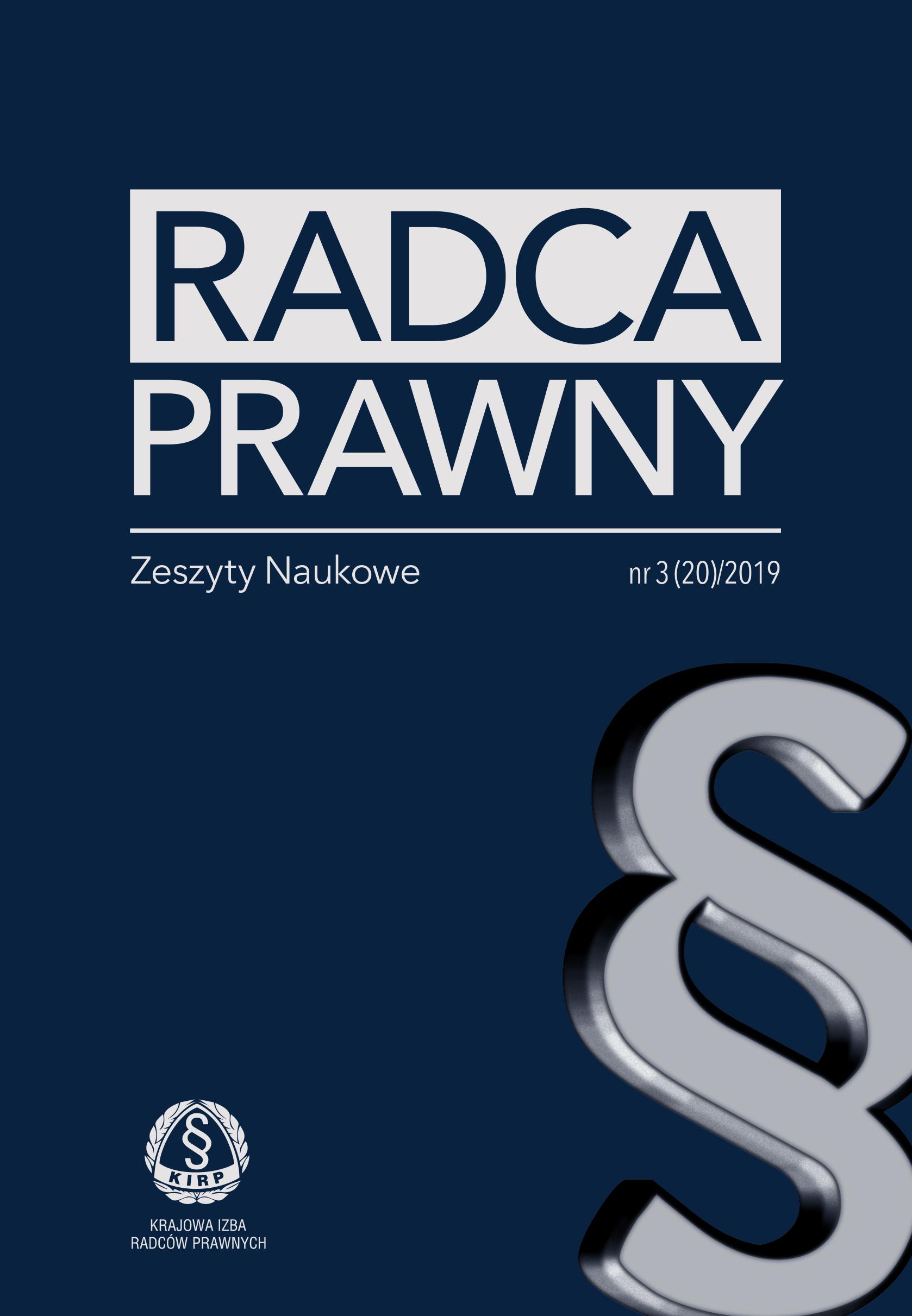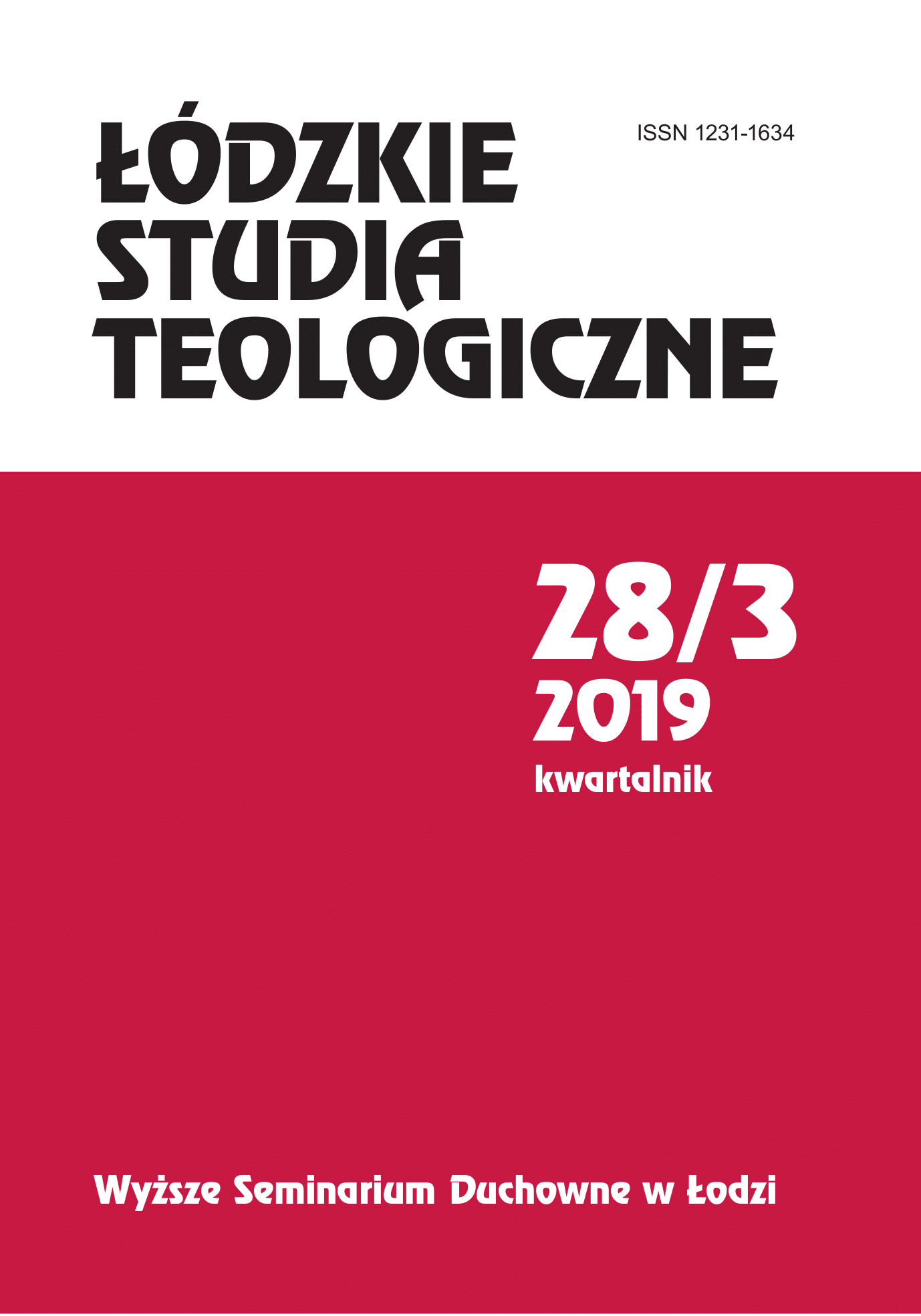Solidarity and the Judiciary in the Polish People’s Republic in the Years 1980 – 1981
The revolutionary social movement of Solidarity, which was born in the socialist Poland in 1980, was the driving force behind the political transition of 1989/90, which in turn led to the democratisation of social and political life in this country. The early years of Solidarity saw the formulation of a social reform programme that laid foundations for political transformations. The judiciary was a very important sphere of the state functioning that required major reforms. The creation of a fully independent and self-governing judiciary model has become one of the primary purposes of Solidarity. The concepts of reforms in this area, developed by Solidarity in 1980-81, are presented in the article from the perspective of state archival sources and labour union documents. The Polish justice system has been operating until this day on the basis of these concepts; some of the proposed solutions, however, have never been brought to life and may constitute comparative legal material for further discussion about the judiciary system.
More...
